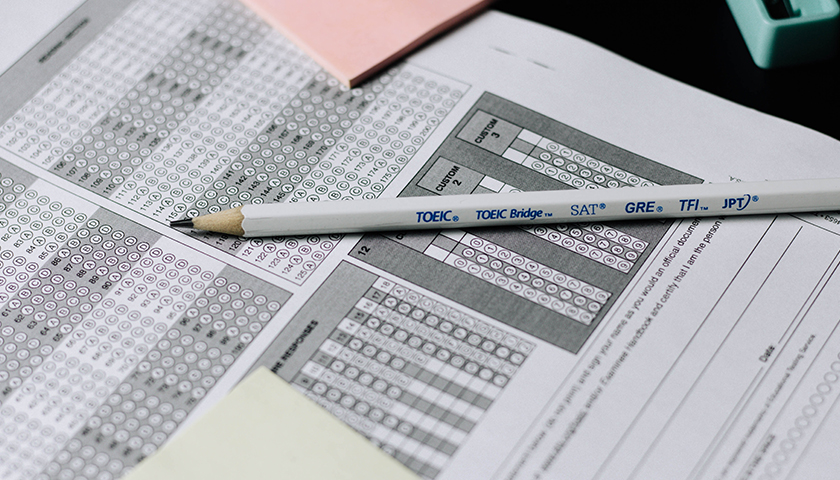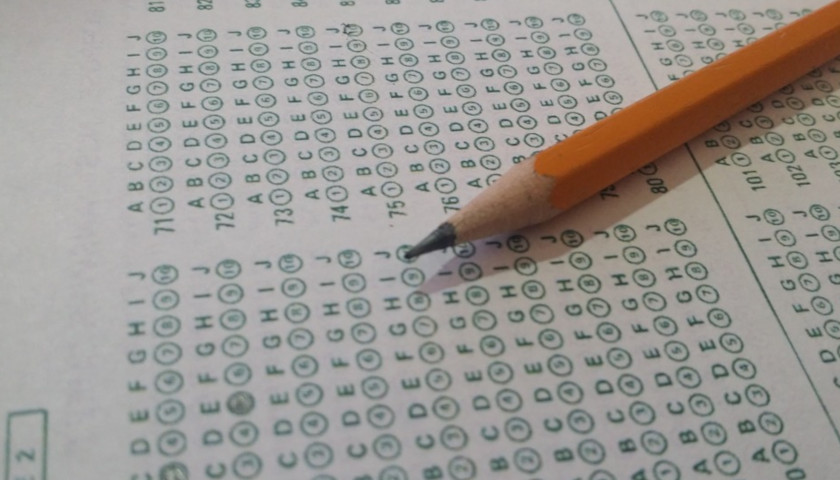For years, liberals have scoffed at the idea that standardized testing is the best predictor of academic success. The National Education Association, for instance, claims standardized tests are “both inequitable and ineffective at gauging what students know.” Activists’ campaign against standardized testing — and their assertions that such tests discriminate against “underrepresented minority students” — culminated in the decisions by more than 1,000 colleges to drop their standardized testing requirements.
This week, cold, hard data showed just how foolish those decisions were. The University of Texas at Austin released the academic performance data for students who submitted standardized scores versus those who did not submit such scores. The result is unambiguous: Students who did not submit standardized tests performed drastically worse than students who did submit their scores. The students who did not submit ACT or SAT scores finished the fall 2023 semester with a grade point average 0.86 grade points lower than students who did. This demonstrates an average difference of almost an entire letter grade. Had the University of Texas utilized all applicants’ standardized scores, it very well might have decided against admitting many of those who did not provide their scores. Students who did not provide scores had a median SAT of 1160, markedly lower than that of the students who did provide their scores: 1420. The University of Texas would have been correct in deciding against admitting those students with lower scores given how much better students with a higher average SAT performed academically.
Read More






